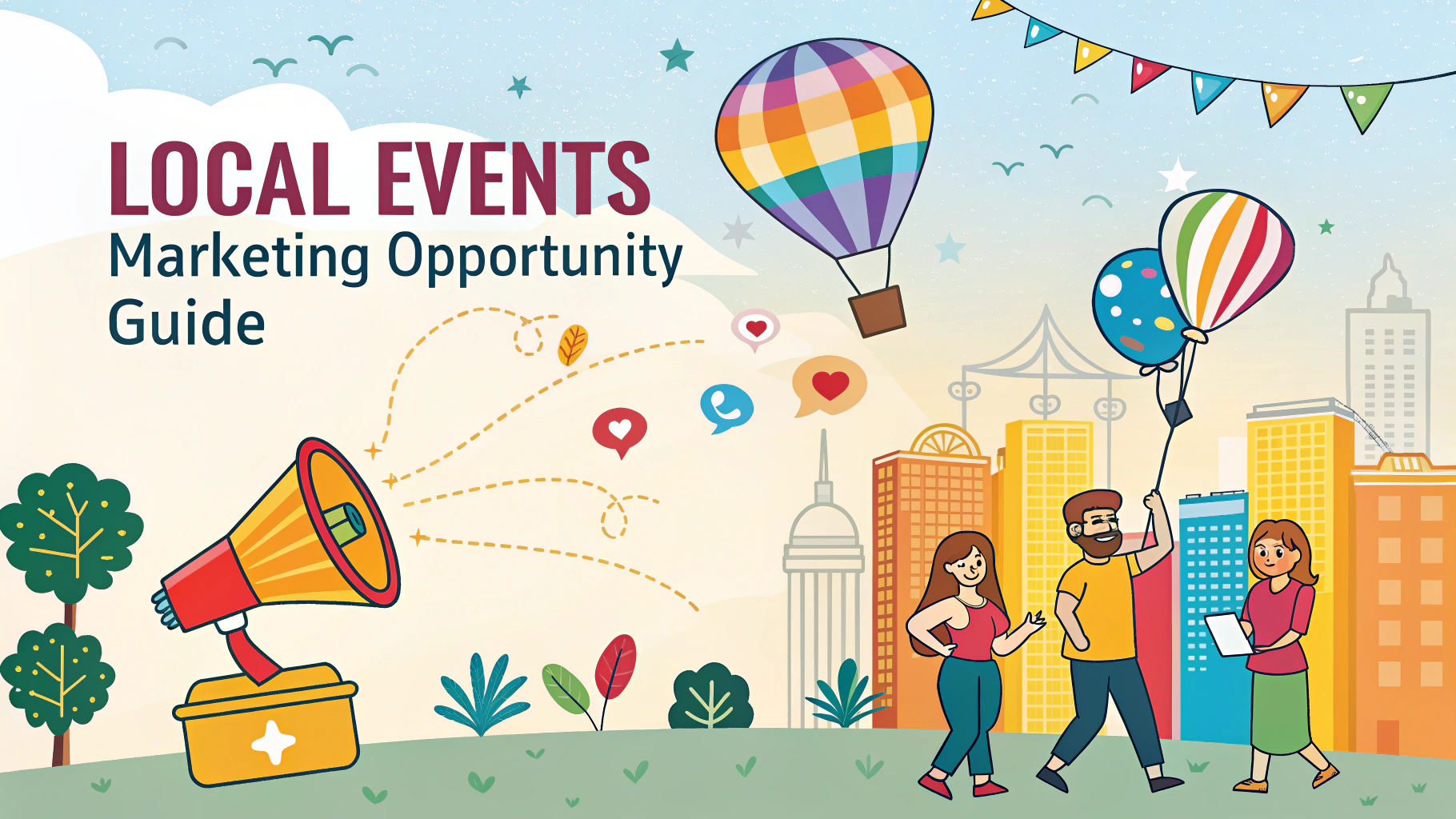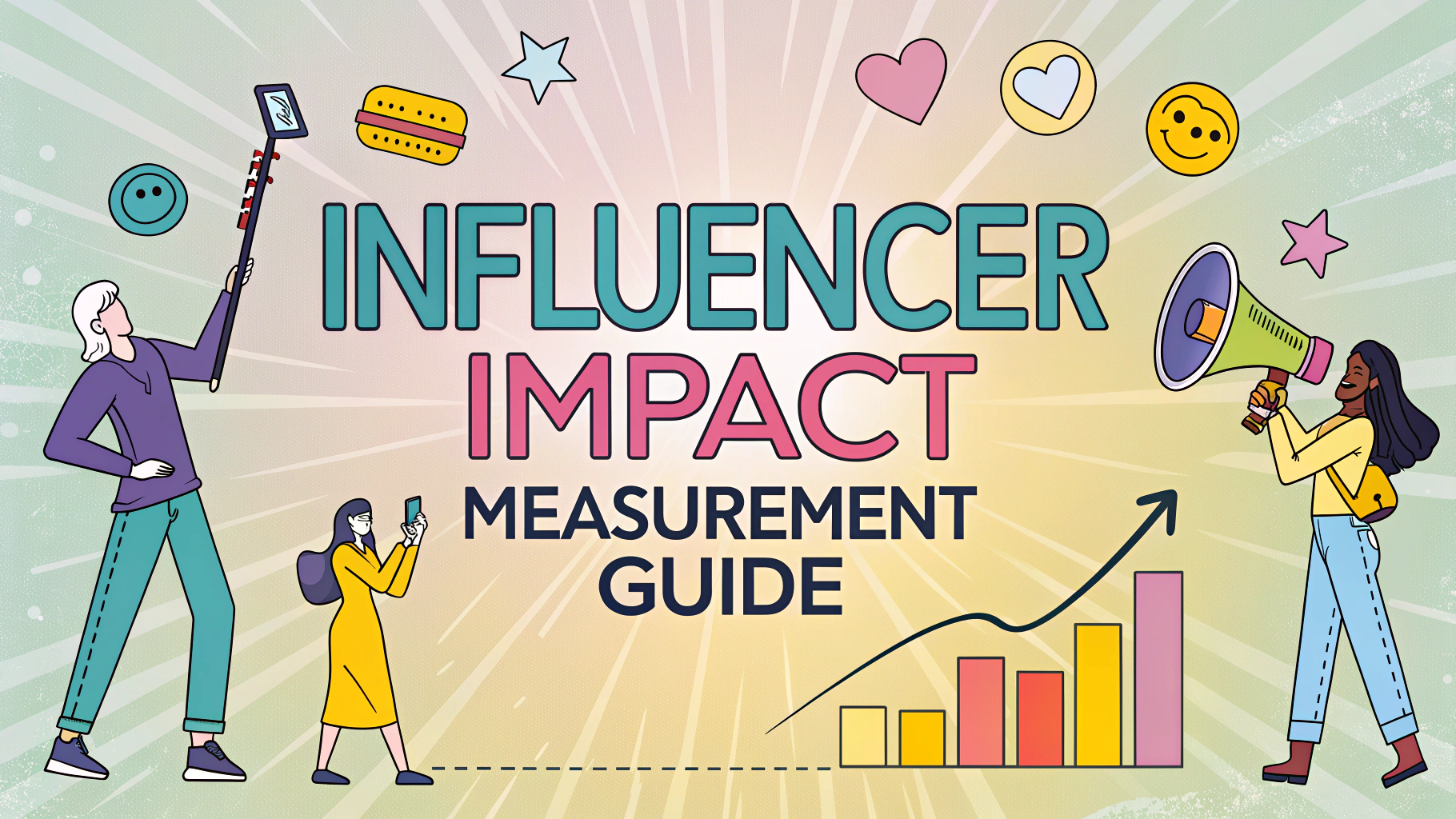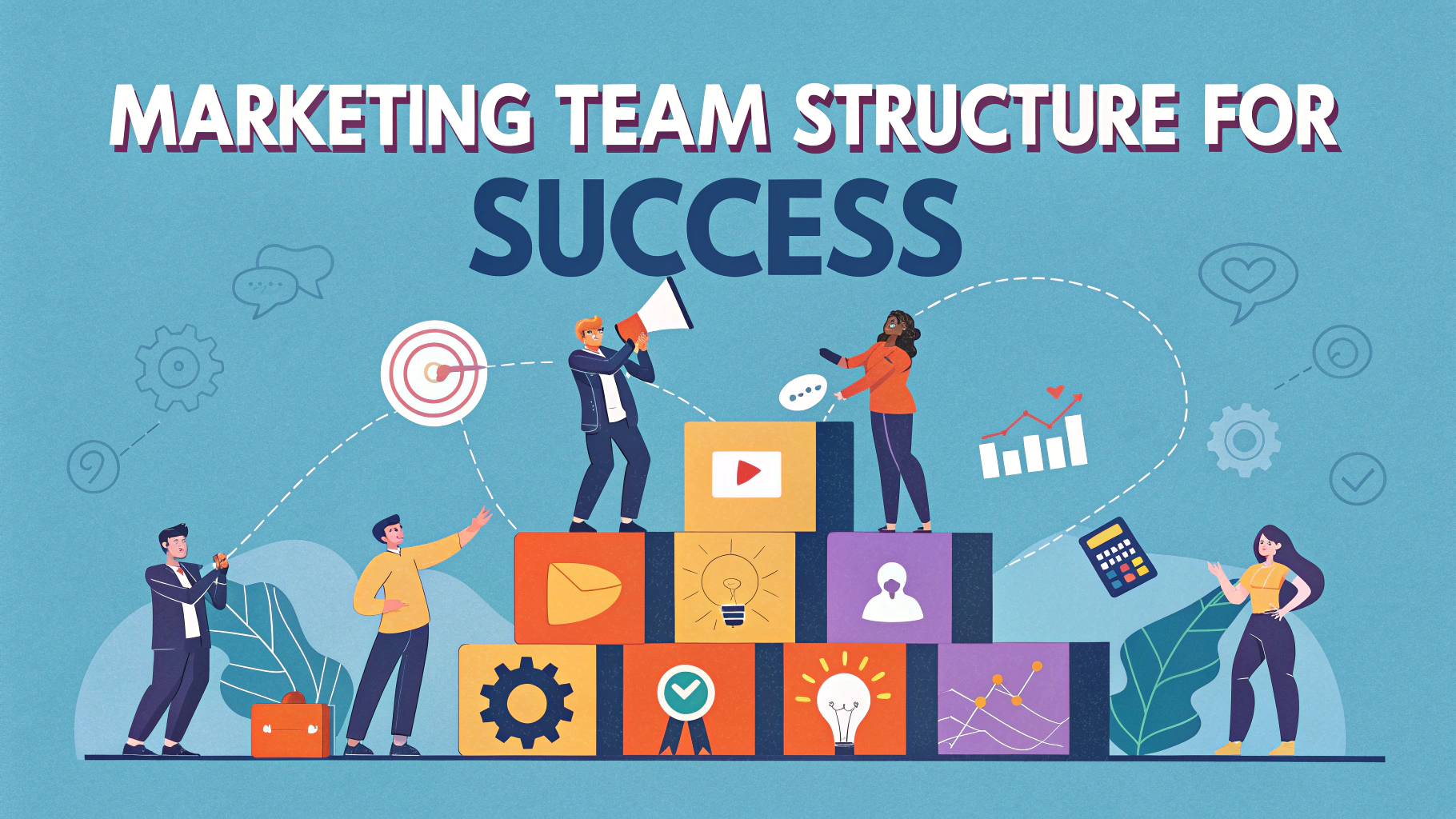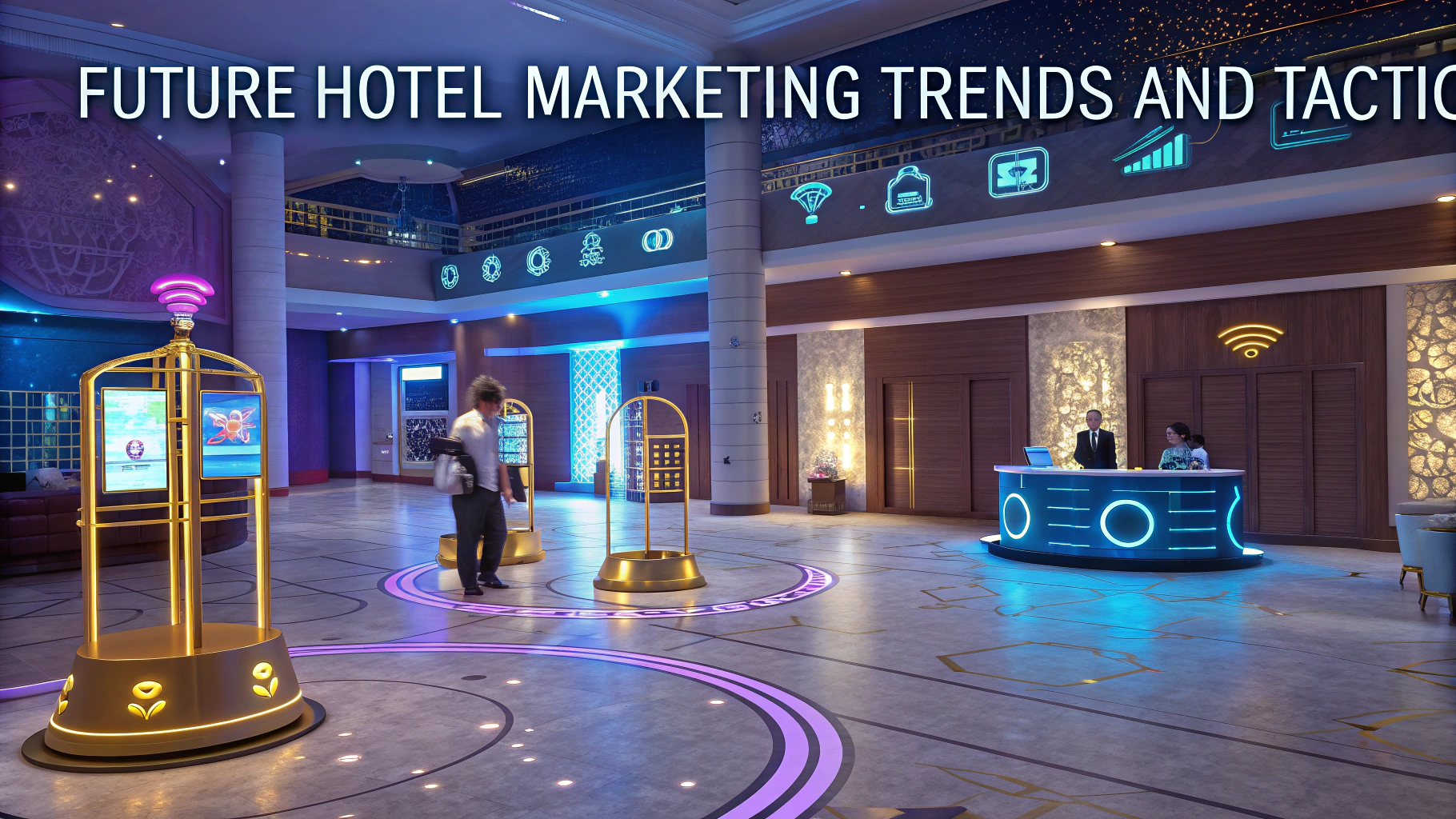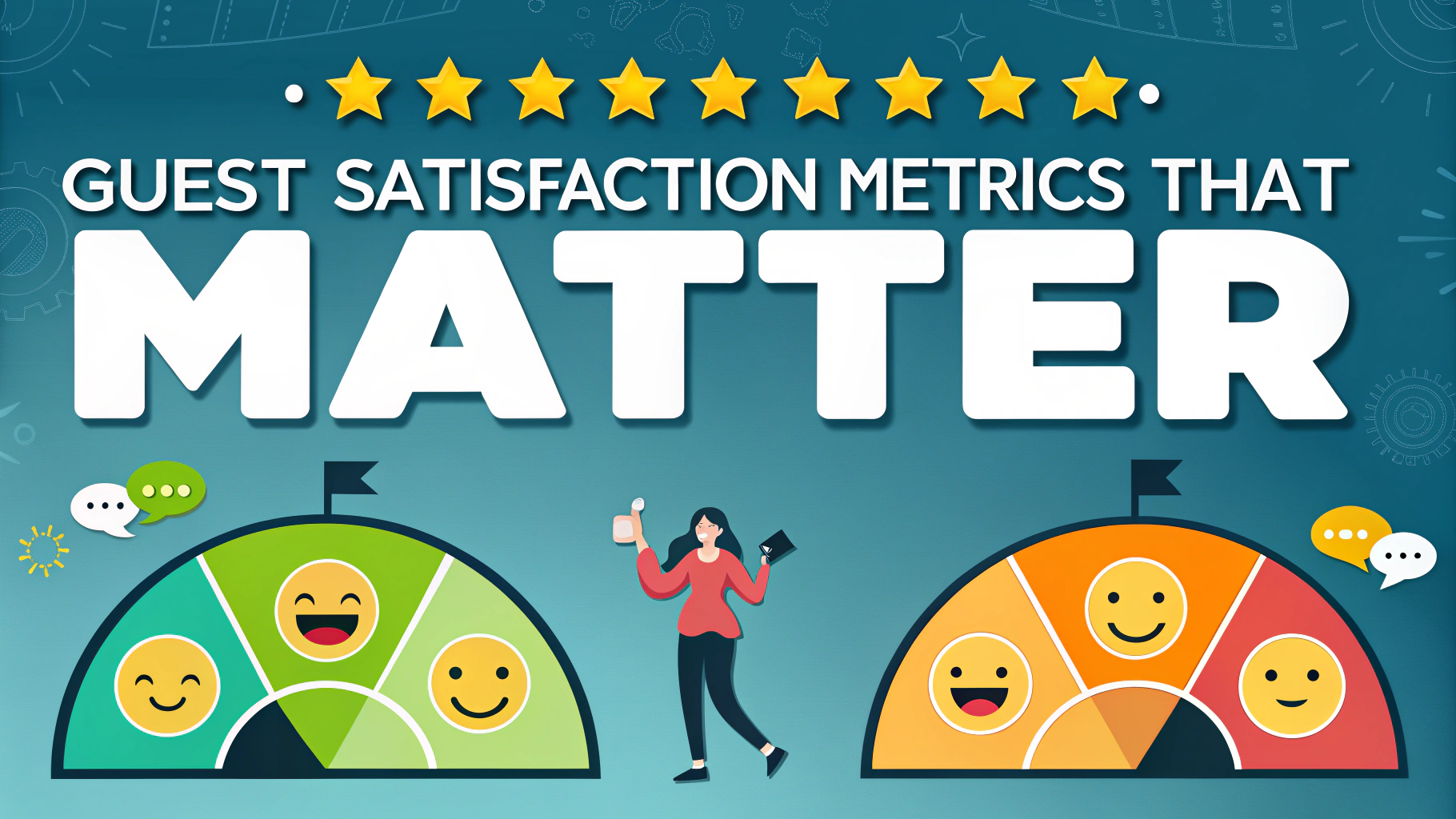A well-planned event marketing timeline helps hotels maximize attendance, engagement, and return on investment for their events and functions.
Building an effective timeline requires careful coordination between marketing, sales, operations, and other key departments to ensure smooth execution from conception to completion.
This quick guide breaks down the essential steps and timeframes for successfully marketing hotel events, from corporate conferences to weddings to holiday celebrations.
6-12 Months Before: Strategic Planning Phase
- Set clear event goals and KPIs
- Define target audience segments
- Establish total budget allocation
- Book and confirm venue spaces
- Create initial marketing plan
- Design event branding elements
4-6 Months Before: Early Marketing Push
Launch event website or landing page with key details and registration capability.
- Send save-the-date announcements
- Begin email marketing campaigns
- Start social media content calendar
- Activate early-bird pricing promotions
- Contact media partners and sponsors
2-3 Months Before: Amplify Promotion
- Increase social media posting frequency
- Launch paid advertising campaigns
- Send targeted email reminders
- Distribute press releases
- Begin influencer outreach
1 Month Before: Final Marketing Push
- Send final email blasts
- Boost social media advertising
- Contact registered attendees with event details
- Finalize media coverage plans
- Prepare on-site marketing materials
1-2 Weeks Before: Last-Minute Details
- Send final confirmations to attendees
- Brief staff on event details
- Test all technical systems
- Prepare social media content for live coverage
- Set up event registration area
During the Event
- Share live social media updates
- Capture photo and video content
- Monitor event hashtags
- Collect attendee testimonials
- Track engagement metrics
Post-Event Follow-Up
- Send thank you emails within 24 hours
- Share event highlights on social media
- Distribute post-event survey
- Analyze event metrics and ROI
- Begin planning next event cycle
Marketing Tools and Resources
Consider these essential tools for event marketing success:
- Event Management Software: Cvent, Eventbrite, Social Tables
- Email Marketing: Mailchimp, Constant Contact, HubSpot
- Social Media Tools: Hootsuite, Buffer, Later
- Design Software: Canva, Adobe Creative Suite
- Survey Tools: SurveyMonkey, Google Forms
Keys to Success
Track these metrics to measure event marketing effectiveness:
- Registration/ticket sales numbers
- Email open and click-through rates
- Social media engagement
- Website traffic and conversion rates
- Post-event survey responses
- Total revenue generated
- Cost per acquisition
Budget Planning Tips
- Allocate 25-35% of total event budget for marketing
- Reserve funds for unexpected promotional needs
- Track ROI for each marketing channel
- Adjust spending based on performance metrics
- Consider seasonal pricing fluctuations
Cross-Department Coordination
- Schedule regular planning meetings
- Create shared documentation systems
- Establish clear communication channels
- Define roles and responsibilities
- Set up progress tracking methods
Risk Management Strategies
- Develop contingency marketing plans
- Create backup promotional materials
- Maintain flexible media schedules
- Monitor competitor events
- Prepare crisis communication plans
Maximizing Long-Term Event Success
Build a sustainable event marketing strategy by:
- Creating repeatable marketing processes
- Building a loyal attendee database
- Developing strong vendor relationships
- Investing in marketing automation
- Continuously updating best practices
Future-Proofing Your Event Marketing
- Stay current with industry trends
- Embrace emerging marketing channels
- Build scalable marketing systems
- Maintain flexible planning timelines
- Focus on sustainable growth strategies
FAQs
- How far in advance should I start planning an event marketing timeline?
Typically, large-scale hotel events require 6-12 months of planning, while smaller events need 3-6 months. Major conferences or conventions may need up to 18 months of advance planning. - What are the key milestones in an event marketing timeline?
The key milestones include venue selection, budget finalization, marketing campaign launch, early bird registration deadline, speaker/entertainment confirmation, promotional material creation, social media campaign execution, and final registration deadline. - How do I determine the budget allocation for different marketing channels?
Allocate budget based on target audience behavior and past event data. Typically, digital marketing receives 40-50%, traditional advertising 20-30%, and PR/partnerships 20-30% of the total marketing budget. - What digital marketing tactics are most effective for hotel events?
Email marketing campaigns, social media advertising, targeted display ads, event listing websites, and paid search campaigns are most effective. Email marketing typically generates the highest ROI for hotel events. - When should I start promoting the event on social media?
Begin social media promotion 3-4 months before the event, with increased frequency as the event date approaches. Peak promotion should occur 4-6 weeks before the event. - How can I measure the success of my event marketing timeline?
Track KPIs including registration numbers, website traffic, email open rates, social media engagement, ticket sales timeline, ROI per marketing channel, and post-event survey feedback. - What contingency plans should be included in the timeline?
Include buffer time for delays, backup vendors/speakers, alternative promotional strategies, crisis communication plans, and flexible cancellation policies. - How often should the marketing timeline be reviewed and adjusted?
Review the timeline weekly during the final two months before the event and monthly during earlier stages. Make adjustments based on registration patterns, marketing performance metrics, and market conditions. - What are the most important deadlines to include in the timeline?
Critical deadlines include venue deposit, marketing material design approval, early bird registration, vendor contracts, final registration, media submission deadlines, and technical setup schedules. - How do I coordinate the timeline with hotel operations?
Align the marketing timeline with hotel capacity, staff scheduling, catering deadlines, room block release dates, and technical setup requirements. Regular communication with operations team is essential.

